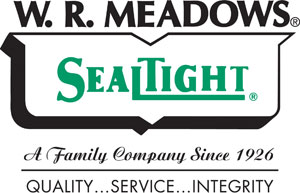1:30 pm - 2:50 pm | Room: Sinatra | Session Chair: Mila Aleksic
The need to lower the carbon footprint of buildings is urgent. In Canada this will become a major challenge as impending waves of immigration will require the further development of the built environment, especially buildings and their supporting infrastructure. Recent academic research has revealed there is a need to carefully balance operating carbon and embodied carbon in building design through a Whole Life Carbon perspective. Lowering operational carbon emissions through high-performance building envelopes has numerous benefits: enhanced resilience; improved thermal comfort; lower peak thermal energy demands; less stress on the energy grid; and greater opportunities for cost effective district energy systems and distributed energy resources. But the initial embodied carbon impacts of high-performance building envelopes varies greatly among the currently available enclosure system alternatives. This paper examines the whole life carbon footprint of a number of building envelope systems that are being currently deployed in contemporary building projects. It compares the relative contribution of building envelopes to other significant components of a building's initial embodied carbon content, such as the foundations, structure, and interior finishes. The findings are applicable to both new building enclosures and overcladding retrofits of existing buildings. This paper concludes with a series of recommended strategies for harmonizing operational and embodied carbon in building design with a view towards more environmentally sustainable, lower-impact building enclosures in the Canadian context.

Juliette currently works as an architectural designer at MASS Design Group, as part of the Performance and Provenance team. Working specifically in material systems, she participates in the design process for a diverse portfolio of MASS’ projects, with the aim of evaluating these from the perspectives of embodied carbon, operational performance, and cost, while also considering other performance metrics, such as toxicity, durability, labour, and ease of construction. Prior to joining MASS, Juliette worked as a designer and sustainability consultant for White Arkitekter’s London office, where she created a palette of non-conventional low carbon materials (exterior & interior) for a large-scale cancer treatment center. Juliette holds a masters of architecture from the University of Toronto, and a bachelor of arts in geography from McGill University.
Diamond Sponsor
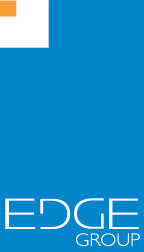
Emerald Sponsor

Emerald Sponsor
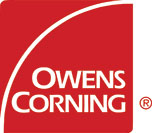
Emerald Sponsor

Emerald Sponsor
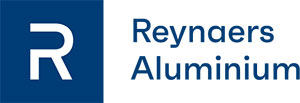
Emerald Sponsor

Gold Sponsor

Associate Sponsor
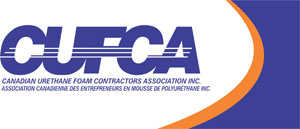
Silver Sponsor

Silver Sponsor

Silver Sponsor

Silver Sponsor

Bronze Sponsor

Bronze Sponsor

Bronze Sponsor

Bronze Sponsor

Bronze Sponsor
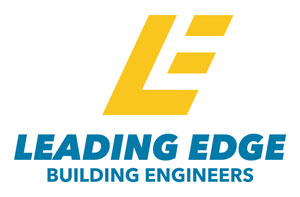
Bronze Sponsor
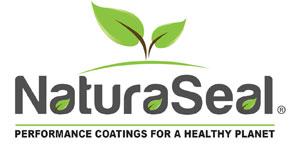
Bronze Sponsor

Bronze Sponsor
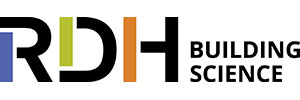
Bronze Sponsor

Bronze Sponsor
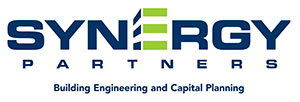
Bronze Sponsor

Bronze Sponsor
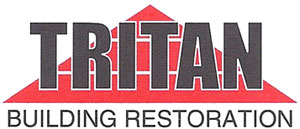
Bronze Sponsor
